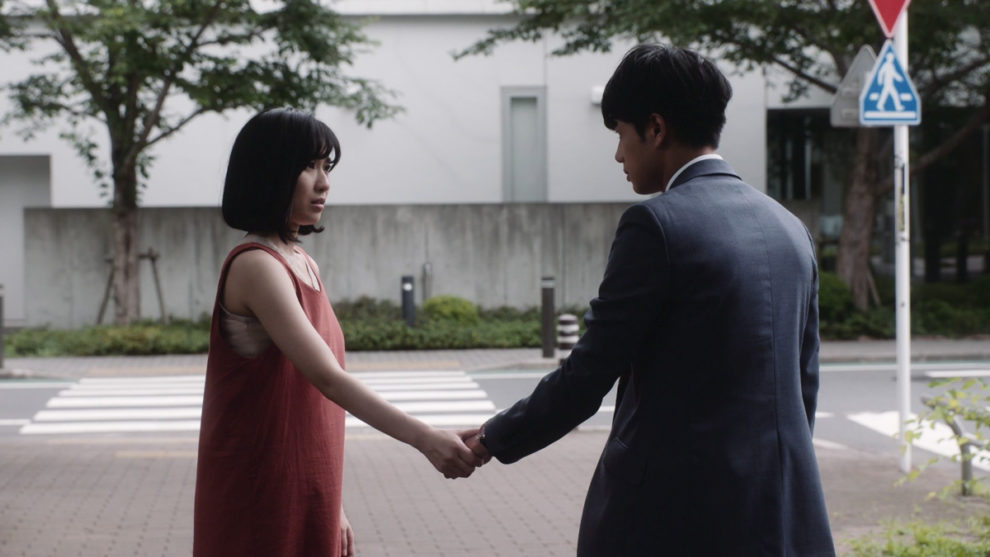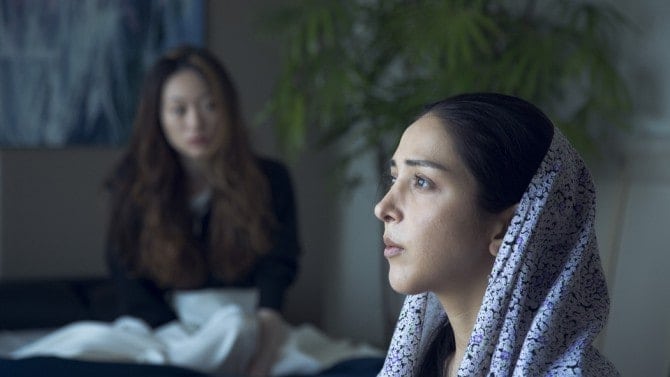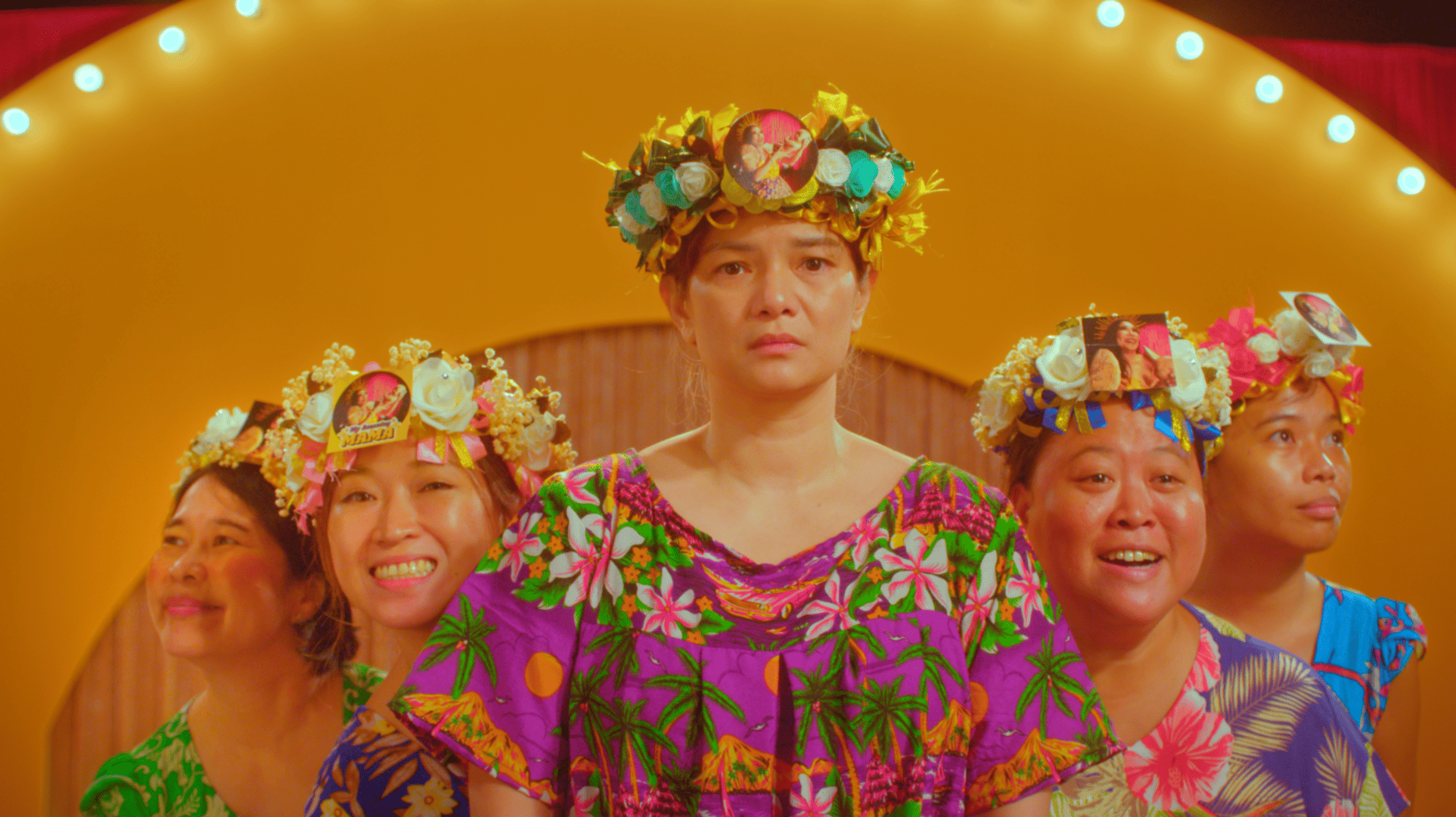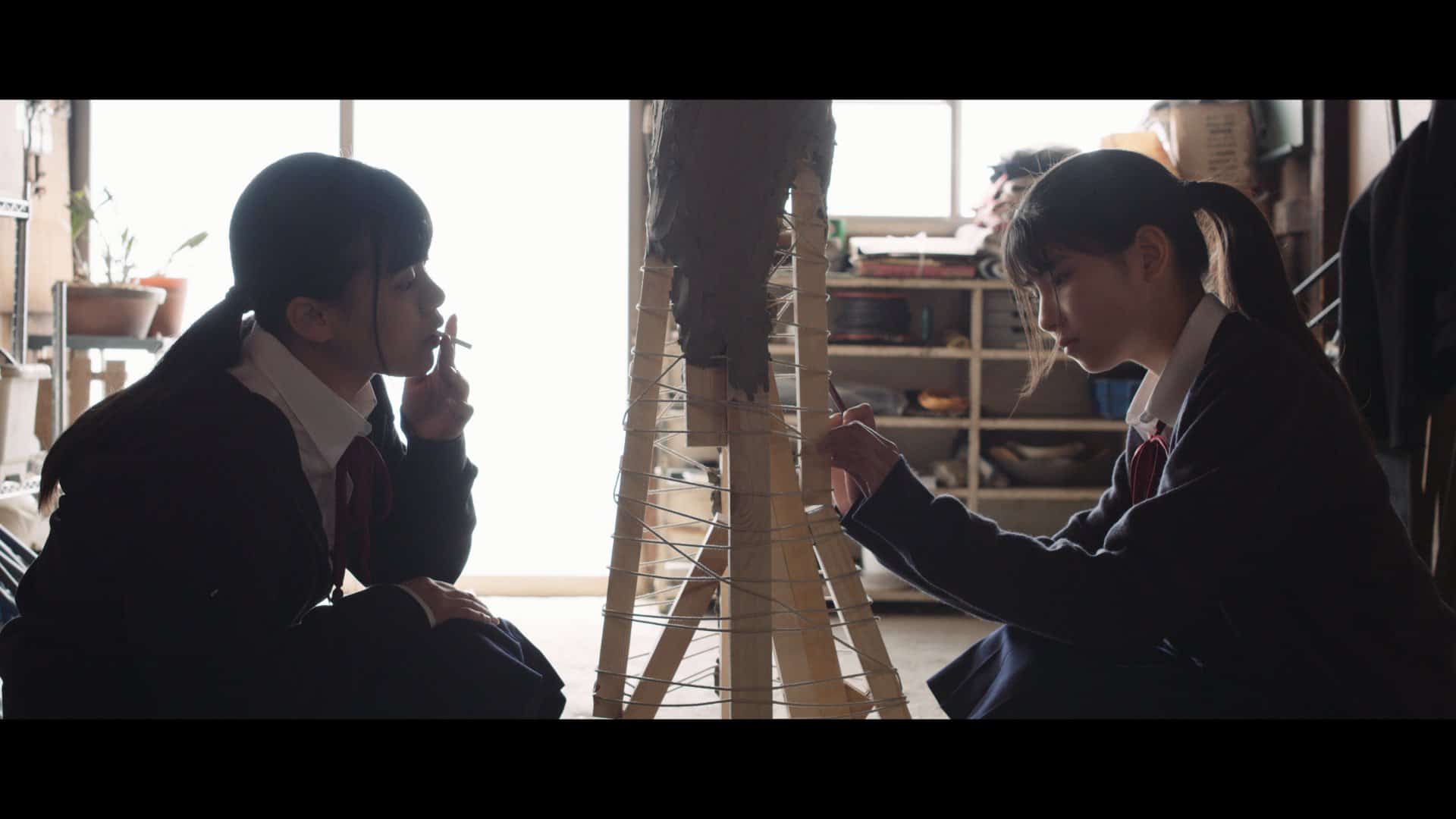It is not very common for a festival to program a 10-episode series, but that is exactly what San Diego Asian Film Festival did, screening the whole “The Real Thing”, Fukada's adaptation of Mochiru Hoshisato's comic book. An edited down version of the Nagoya TVproduction screened in Japan in October, while the film was also shown in Cannes and Tokyo Film Festival.
“The Real Thing” is screening at San Diego Asian Film Festival

The script focuses on Tsuji, a 30-year-old salaryman who works for a toy company, while retaining two relationships with colleagues, one a more serious one, with Naoko, his higher up in the company, and one more “flimsical”, with Minako, a young employee. The latter is heads over heels for him but he is more invested to Naoko, who shares his apartment frequently and actually knows about his other affair. One fateful night, however, Tsuji saves Ukiyo from the train tracks, a woman who seems completely lost, both literally and metaphorically, and his life changes completely. A rather unusual bond is formed between the two, as Ukiyo's every move seems to be accompanied by trouble, including ones with the yakuza for loaning money, and with a number of men who have played various roles in her life, while Tsuji seems to be there every time for her. His fascination with this toxic femme fatale eventually takes a toll on both his work and his other relationships, but he finds it very hard to let go, despite the cautioning by Naoko and a number of Ukiyo's acquaintances. The appearance of Daisuke complicates things even more.

Koji Fukada directs an intricate movie that focuses on the way people find themselves bonded with others, and particularly how the “saviors” (people who always want to help others) find themselves connected with the “victims” (people who always seem to be in need of help). The narrative is based upon this concept as much as upon the mystery surrounding Ukiyo, and particularly the question of whether she is a true victim of her circumstances or a femme fatale set on exploiting all the men that come across her. The way this mystery surrounding her brings together various men in her life is also well portrayed, with each new appearance adding as many questions as answers to her true character. This part actually carries the series at least until the last episodes, where the appearance of Daisuke (which seems somewhat excessive, in terms of script) fully reveals her true nature and the reasons she became as such.
Another very interesting axis is the relationship between Tsuji and Naoko, with the latter showing tons of understanding and sympathy for the former, and him returning as little as possible. The way the tension between them rises is a wonder to watch, until the final release, in one of the most memorable scenes in the series, which highlights the overall excellent acting of Kei Ishibashi.
Lastly, the lives of the salarymen in Japan and the concept of “office politics” is another central part of the narrative, with Fukada presenting the hypocrisy and the cruelty that surrounds it, an aspect that becomes more intense close to the end of the series.
Apart from Naoko, however, the rest of the characters emerge as somewhat unlikeable or even annoying at times, at least for a large part of the series, since all of them are portrayed as both victims and perpetrators. Furthermore, Tsuji's reasons of fascination with Ukiyo are eventually revealed as the simplest, somewhat detracting the impact of the mystery around his actions. On the other hand, this last part could be interpreted as a comment on how people live in denial and how difficult it is to let go, with Fukada playing with the idea that since Tsuji saved Ukiyo's life, he is now responsible for her.
Win Morisaki as Tsuji portrays his character convincingly, particularly for the fact that he is not as complicated as he or some women around him think. Kaho Tsuchimura as Ukiyo is also quite good as the troublesome femme fatale/victim, while their chemistry works quite well, at least for the most part. Shugo Oshinari as Daisuke is also satisfactory, particularly in the way he depicts a persona that hides many issues under the image of success he emits.
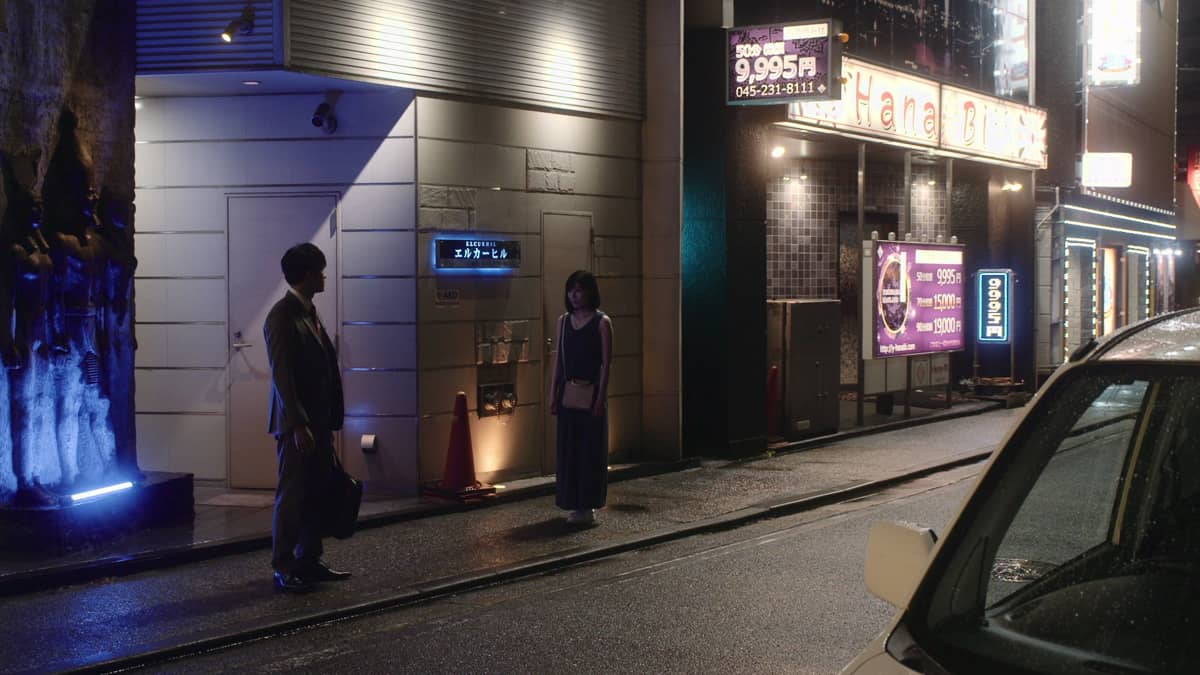
As usual in Fukada's works, the technical aspect of is top-notch, with Kosuke Haruki's cinematography painting the world in rather bleak colors that fit the narrative to perfection. At the same time, the slight noir element of the series benefits the most from his framing, particularly in the scenes where the yakuza are involved. Zensuke Hori's editing implements a relatively fast pace that suits the episodic nature of the series, while the sense of danger the story occasionally emits benefits the most by his approach as much as the sound of the production.
The antithetical combination of unlikable but intriguing characters and the overall atmosphere of mystery eventually lean towards the latter, with the series emerging as a rather interesting watch, also due to the overall cinematic prowess. Furthermore, I feel that the title works quite better as a series than a movie, with the breaks between the episodes allowing for an easier watch.


